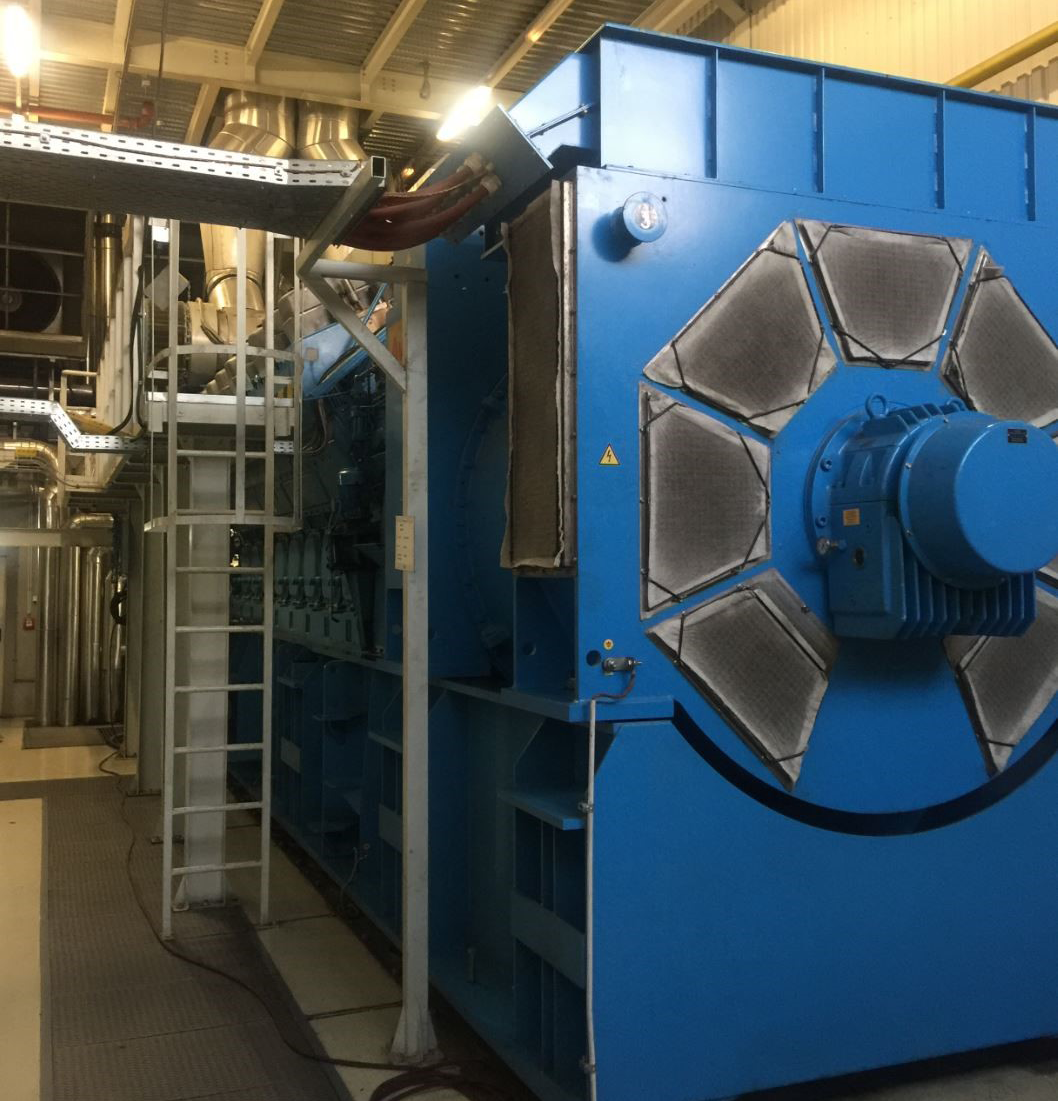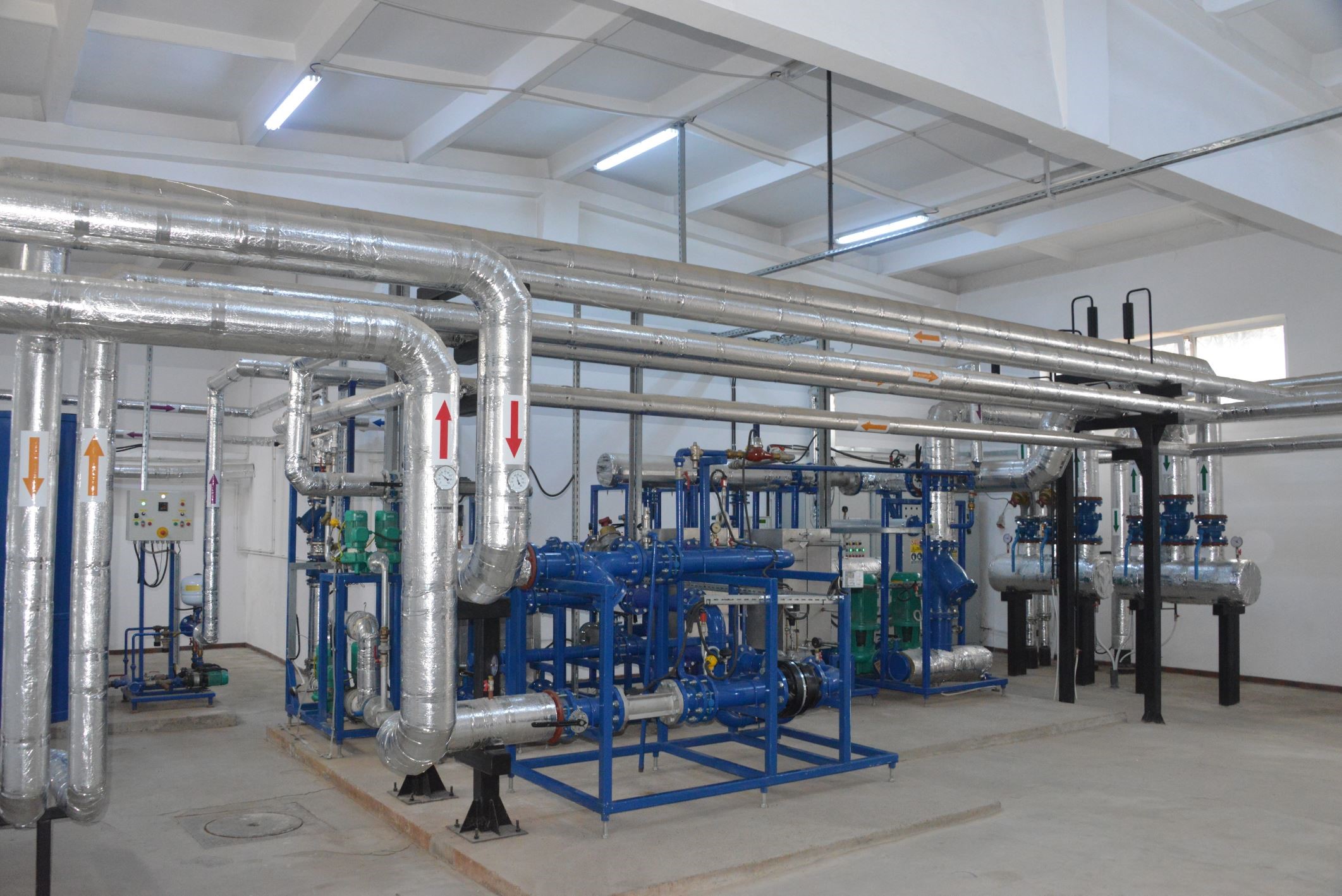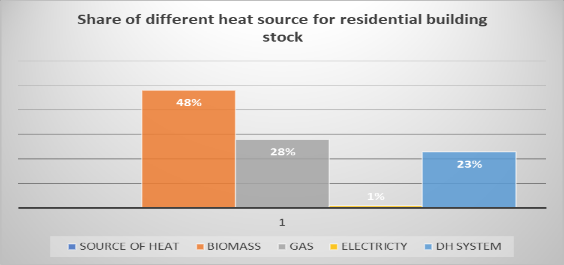Under the Lot 2: Energy of the Framework agreement to support EIB advisory services (EIBAS) activities inside and outside EU-28, NTU consortium provided Technical Assistance for the District Heating Business Strategy project in Romania.
Some Romanian municipalities had applied for a European Regional Development Fund grant from the Romanian Large Infrastructure Operational Programme (LIOP) 2014-20 to co-finance investment projects in their district heating systems. The objective of these projects was to improve the energy efficiency of the cities’ district heating systems as well as the reliability and quality of heat supply to customers by rehabilitating particularly degraded parts of the heat transmission and distribution networks.
However, these projects did not address the current investment and development needs. The DH systems will still suffer from inefficiencies, which will continue to affect their financial sustainability in the long-term. To solve the problem of sustainability in the long run, the applications for LIOP funds shall be additionally supported by a business strategy and a long-term investment and development plan (LTIDP) for the District Heating systems of the Municipalities.

Focsani, Block engine Rolls Royce
How we are doing it
The main objective of the Business Strategy and the LTIDP that NTU Consortium carried out was to identify and describe measures that would contribute towards the DH systems of the municipalities of Oradea, Focsani and Bacau to become fully sustainable within a reference period of 20 years.
The results obtained by the NTU team consisted of the following documents for each municipality:
- SWOT analysis and revised Business Strategy for DH services;
- Long term Investment and Development Plan with Priority Investment and Development Plan;
- Financial sustainability analysis and model;
- Endorsement of the Business Strategy and LTIDP by the Municipalities.
In order to generate high quality documents, the Consultant analysed and used regulations and information at EU and national level, in addition to technical data for the power plant, the geothermal energy situation, data on DH transmission and distribution system, substations, consumption habits and energy production and demand curves, heat demand and heat load curve.
Impact
Through this project, three Romanian cities developed a Business Strategy that ensures the sustainability of DH systems until 2050 and is eligible for an EIB loan. These strategies are aligned with EU directives and national regulations concerning climate action, energy efficiency and renewable energy. Besides, overall losses in proposed scenario are 30% lower than the losses in BAU scenario for the Bacau DH, 24% lower in Oradea and 50% in Focsani.

Focsani, Rehabilitated substation No.13 with 9,4 MWth

Share of different heat source for suppling residential building stock
